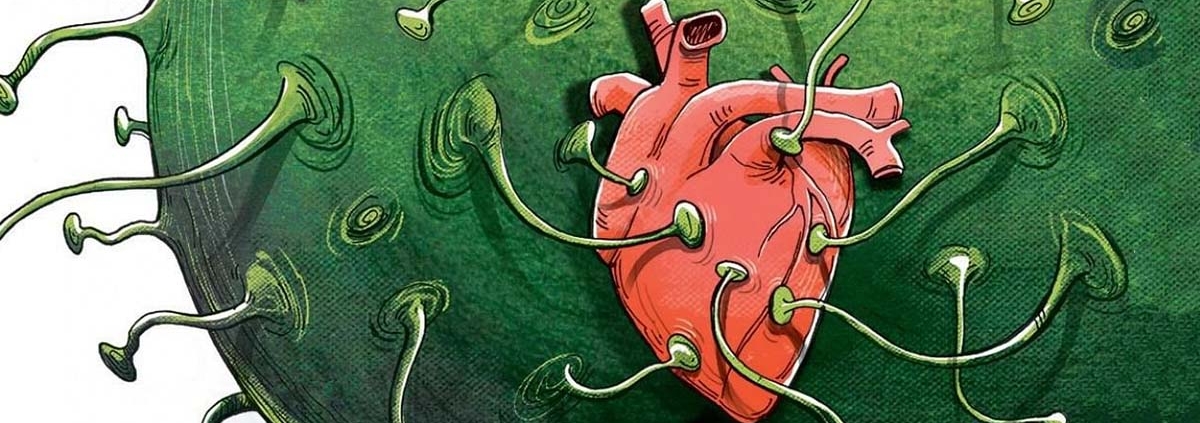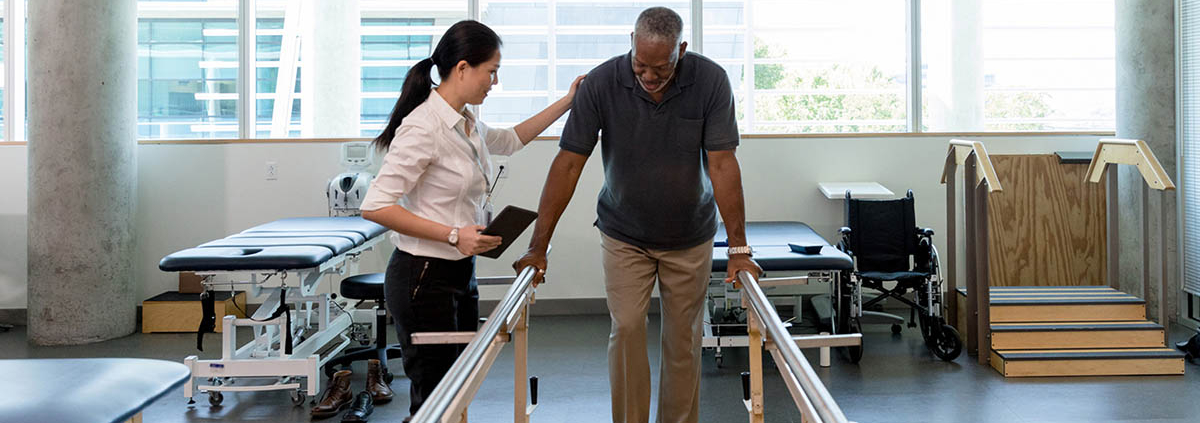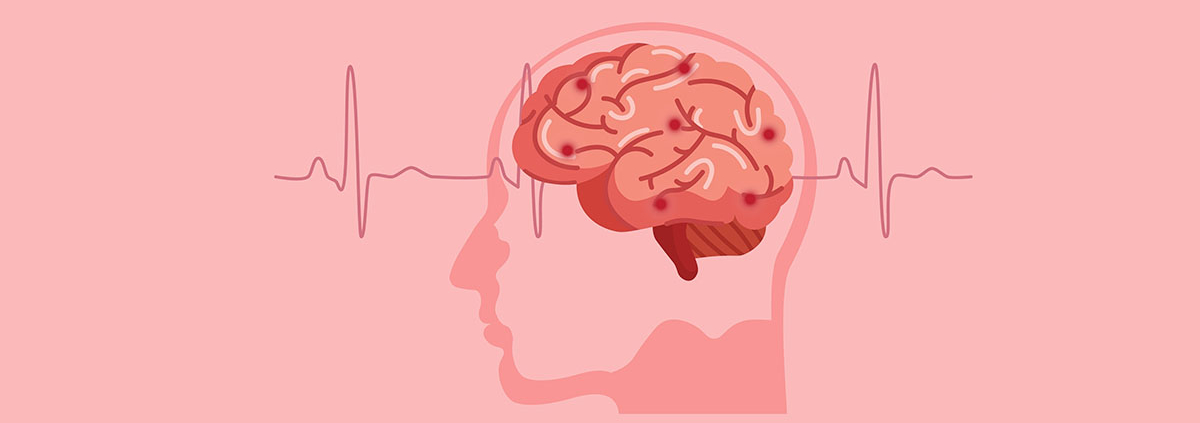More than one-third of people who have a clot removed from a major blood vessel in the brain after a stroke return to work within three months, according to a new study from Germany. But women were half as likely to do so as men.
The study, published Thursday in the American Heart Association journal Stroke, found women and men were more likely to return to work if they were treated with a combination of mechanical blood clot removal and clot-busting medication to clear their clogged blood vessels than if they just had their clots removed.
When blood clots in the brain block a major artery, they can cause a severe stroke with the potential for serious disability, making it less likely people will return to work. Clot-caused ischemic strokes account for 87% of all strokes in the U.S. Blockages in large vessels account for 24%-46% of ischemic strokes. Stroke is the fifth-leading cause of death in the U.S. and a leading cause of disability.
Endovascular mechanical thrombectomy is a procedure that uses a slim catheter to remove a clot blocking a large blood vessel in the brain. This procedure, along with clot-busting medications, is considered standard practice for the treatment of some severe strokes.
Researchers analyzed data for 606 men and women, ages 18 to 64, in Germany who survived large vessel occlusion ischemic strokes between 2015 and 2019. Participants, all of whom worked prior to their strokes, were treated with a mechanical thrombectomy. A subset of 370 patients also received clot-busting medications. They compared those who went back to work 90 days after having a thrombectomy to those who did not return to work.
Release date: 21 April 2022
Source: American Heart Association










